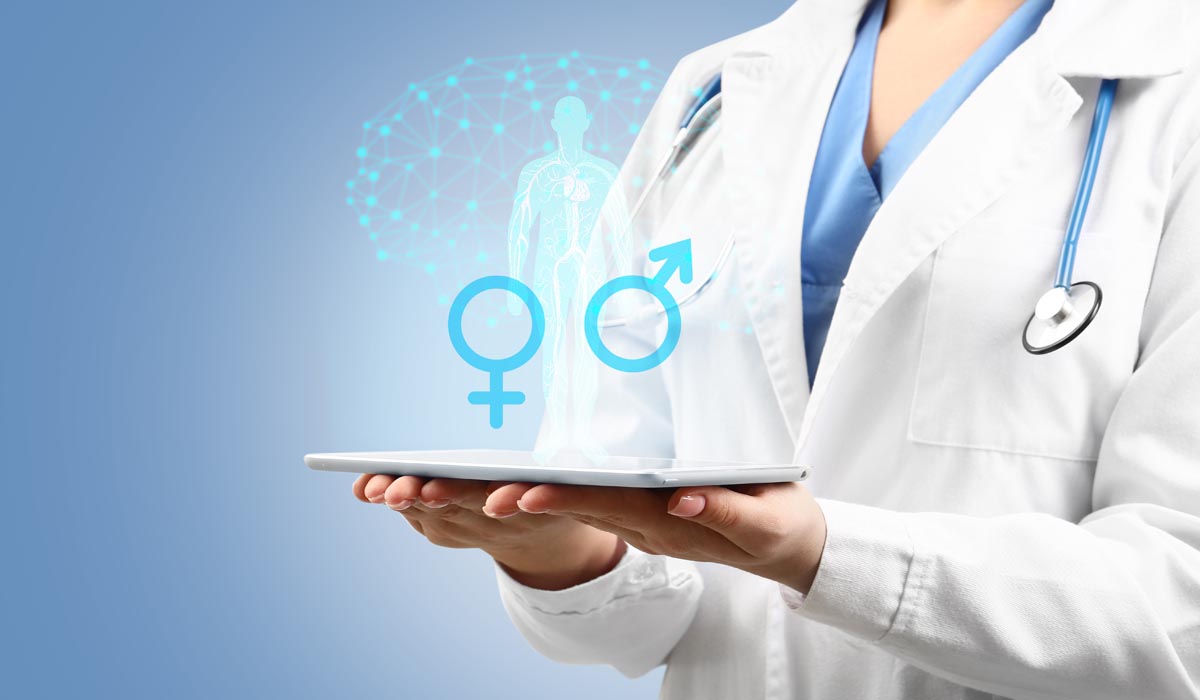Contact Details
Near Dubai Miracle Garden
Diamond Business Centre A
1st Floor
Arjan, Al Barsha
Dubai
Everyday From: 10 AM to 8 PM
Home » Gynecology Services » STDs and Infections

Medical Service Name – STDs and Infections
STD is transmitted during sexual contact with a person already suffering from STD – primarily through anal, oral, or vaginal sex. Thus, the name is sexually transmitted, as the infection spreads primarily through semen or vaginal fluids. It can, however, be transmitted through blood transfusions, sharing needles, and nursing.
Some infections can occasionally spread through other intimate physical contacts. This is because some STDs, such as herpes and HPV, are transferred through skin-to-skin contact. The other common names of STDs are STI or sexually transmitted infection and VD or Venereal disease.
Types of STDs
There are about twenty types of STDs. The common ones:
Possible Causes
STDs or Sexually Transmitted diseases are infections caused by micro-organisms like viruses, parasites, and bacteria. STDs are not just spread through vaginal and anal intercourse. It can also be contracted or transmitted during oral sex. In other words, STDs can spread from one person’s genitals to another’s mouth or throat, and vice versa.
Risk Factors
Signs and Symptoms
Each of these STD types has its own set of symptoms. The generic symptoms are as follows:
Diagnosis
Even if you don’t have symptoms, our healthcare professional may prescribe STD testing based on your sexual history. This is because, in many situations, STDs do not generate apparent signs. However, even symptom-free STDs can cause harm or be transmitted to others.
There are different tests for different STD types and are covered under STD Screening tests. However, STD screening is not usually a part of routine tests. Hence, individuals need to request these tests proactively. Some of these are:
Our doctors will advise medication like antibiotics and antiviral drugs to treat the infection based on test reports. Besides, our doctors recommend confiding in your partners to restrict the spread of the disease.
Treatment Options at 7DMC
The recommended treatments for STDs at 7DMC differs based on the kind of STD. Before you resume sexual activity, it’s critical that you and your sexual partner receive effective STD treatment. Otherwise, you risk infecting each other.
STDs caused by bacteria can be treated with Antibiotics. STDs caused by viruses ar not curable by antibiotics. While the majority of viral infections are incurable, some can be self-healed. In many situations, there are therapeutic options available to alleviate symptoms and limit the risk of transmission.
Some STDs are not caused by viruses or bacteria. Other tiny creatures instead cause them. These sexually transmitted infections are often curable with oral or topical medicines.
Bacteria or viruses can cause STIs. Viruses that cause STIs include hepatitis B, herpes, HIV, and the human papillomavirus (HPV). Bacterial STIs include chlamydia, gonorrhoea, and syphilis.
Symptoms usually develop after 2 to 3 weeks. However, they might come sooner or later. One or more little painless sores or ulcers on the genitals are among them. a blotchy rash and flu-like symptoms that may develop after a few weeks.
Human immunodeficiency virus (HIV), which causes AIDS, is the most serious viral STD. Human papillomavirus (HPV) is also incurable viral STDs.
Near Dubai Miracle Garden,
Diamond Business centre A,
1st Floor,
Arjan, AI Barsha,
Dubai.
WhatsApp us